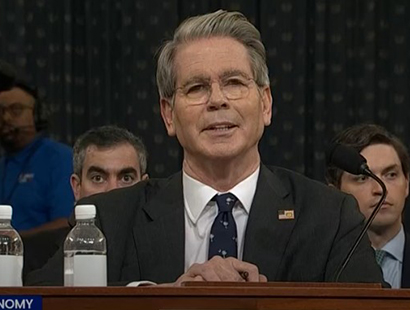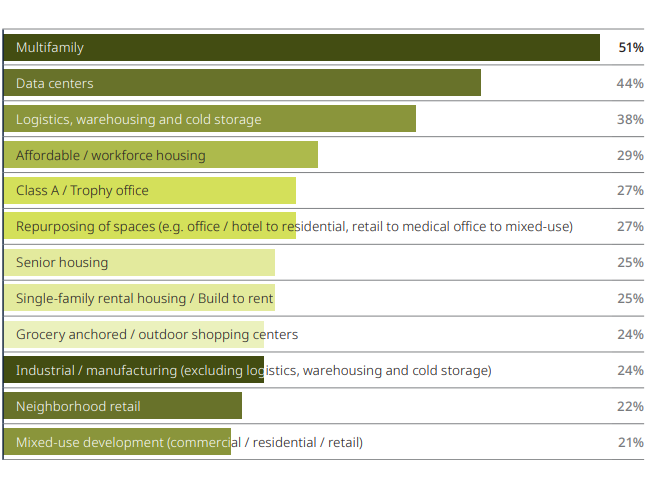REIT Liquidity Should Withstand Short-Term Market Shocks
These companies are financially prepared and armed with lessons from the last downturn, says Alice Chung of Moody's.

Alice Chung Photo courtesy of Moody’s Investors Service
According to Moody’s, most U.S. rated real estate investment trusts probably have the financial wherewithal to persevere through the economic shocks stemming from the coronavirus.
The coronavirus outbreak and the efforts to slow its spread resulted in unprecedented disruption across many sectors and markets in the U.S. The precise impact on U.S. REITs is unclear but will largely depend on how long the COVID-19 pandemic persists. If the outbreak lasts for an extended period of time and the economic outlook deteriorates even further, property sectors with shorter lease terms and asset classes already facing other challenges will bear the brunt of the decline in earnings, cash flow and occupancy losses. Specifically, REITs that own and operate retail malls, lodging, senior housing and gaming assets are the most vulnerable and face different risks in varying degrees. The short-term impact for real estate industries directly tied to shopping, consumer sentiment, leisure and travel will be particularly hard.
Strong Balance Sheets
REITs’ financial preparedness during this period of market turbulence is imperative as companies prepare for weakening fundamentals and profitability. REITs have spent the last decade preparing for another downturn, with substantial improvement in capital adequacy and liquidity coverage ratios. Investment-grade REITs typically have modest leverage and are significantly less levered than they were in 2008, without features that helped them navigate through challenging periods in the past. REITs have also de-risked their balance sheets by laddering their debt maturities. Demand for cash flow is also lighter than past recessions, with smaller development pipelines and the ability to pull back on prospective investments and acquisitions to preserve cash.
The degree to which REITs maintain unused capacity under committed revolvers and their unrestricted cash holdings will be key to survival should the capital markets remain temporarily challenged. Median cash balances have grown about 8 percent and the average liquidity coverage ratio for the group is 2.6 times as of year-end 2019. The low interest rate environment has also helped REITs issue and refinance debt at historically low levels, while also growing net operating income against a backdrop of strong real estate fundamentals.
Access to Cash
In the last month, Moody’s has seen REITs further shore up their liquidity positions amid immense economic uncertainty. REIT have taken opportunities to secure cash to prevent any liquidity shortfalls, drawing down their credit lines to bolster their liquidity positions. Some REITs have drawn down their credit facilities in full as a precautionary measure in case revenues become strained in the next few months. Unencumbered assets are another critical source for REITs as they can choose to monetize assets to raise capital. REITs also have the ability to adjust their dividend policies to shore-up additional liquidity under extreme market pressure. We saw U.S. REITs take advantage of this during the global financial crisis of 2008-2009 when the stock market plunged. At the time, property values were also deteriorating and operating performance was faltering. Faced with these formidable challenges, many U.S. REITs reduced their cash-dividend payouts to ease liquidity pressures. Among the investment-grade REITS that modified dividends during the recession, these modifications were mostly dividend reductions. REITs also have the option to suspend or delay their payouts in addition to making distributions in a combination of stock and cash. We view this as a last resort cash-preservation tool for highly rated REITs.
That said, REITs will face headwinds over the next several quarters and short-term disruptions to cash flow. Since REITs’ revenue comes mainly from rent on portfolio properties, prolonged social distancing and quarantine measures would result in earnings erosion. And although contractual provisions in commercial real estate leases can protect a REIT’s ability to collect rent even while tenant businesses are closed, tenants would likely request rent relief or deferrals, which would further hurt earnings and weaken the credit profiles of even strongly positioned companies. A contraction in U.S. GDP growth is another risk as it will most certainly stifle internal and external growth for REITs and impact their ability to operate profitably, especially as a business that is highly capital intensive with little capacity to retain cash flow.
Alice Chung is a vice president and senior analyst for REITs at Moody’s Investors Service.







You must be logged in to post a comment.